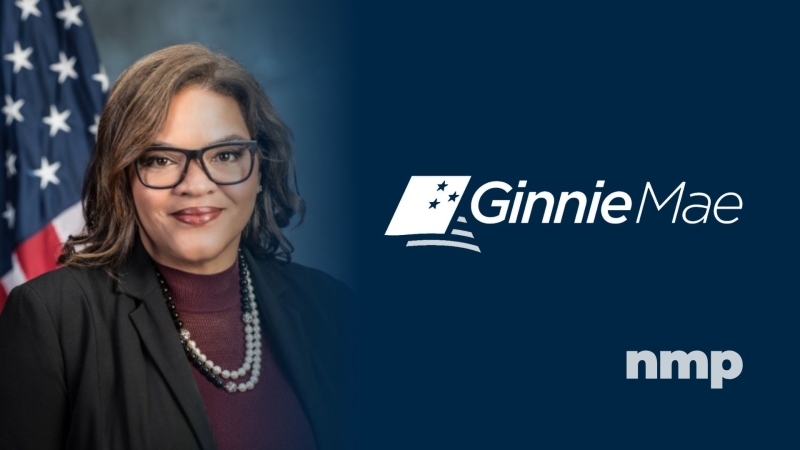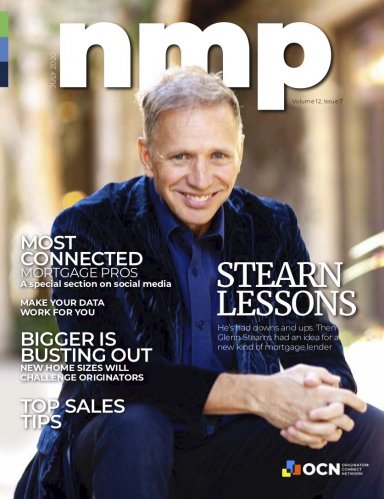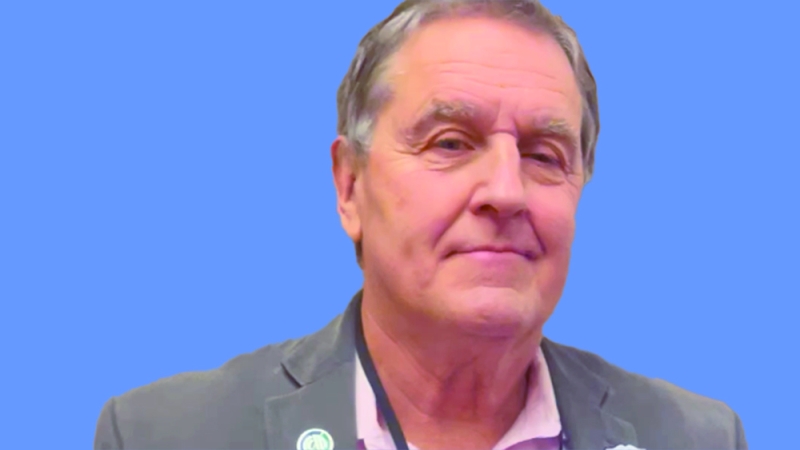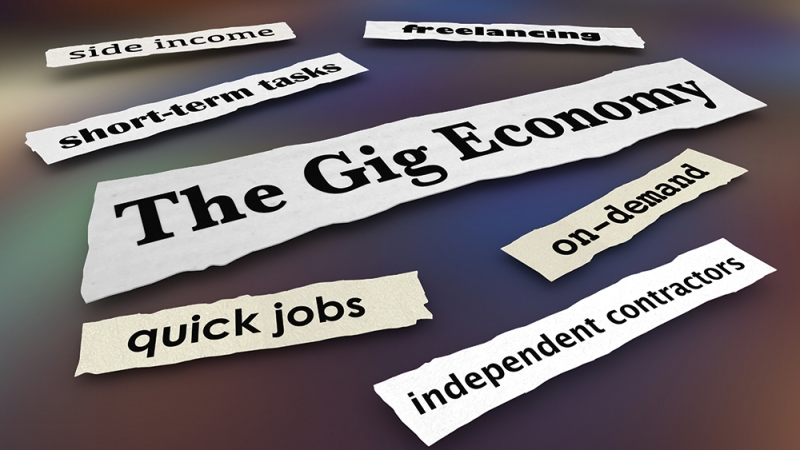“For some kind of people that culture works. For me and for the people that did really well at growing the business, it doesn’t work. There was a difference of opinion on how to run things,” said Stearns.
“You’ve got legacy people and the way things were done. I’ve watched everything change and evolve at the last company. It takes years for that to happen.”
“If I can take everything I’ve learned in the mortgage business and compress it into a couple years. I think I can probably do better than I did last time.”
Right Time To Be Kind
The biggest thing he’s trying out is a focus on kindness in the wholesale process. “I didn’t want to have the same flat, boring old-style mortgage banking. I wanted people to have a good time and feel like their opinion had weight,” Stearns said.
When he announced his new venture, he said Kind Lending would be dedicated “to putting people before profit while maintaining transparency and integrity in lending standards … Kind Lending aims to break the industry standards and introduce a contemporary approach to mortgage banking.”
It sounds all sugar and spice, and everything’s nice. But can it work?
Roland T. Rust is one person who thinks it might. He is a professor and David Bruce Smith Chair in Marketing at the University of Maryland. He’s also executive director of UofM’s Center for Excellence in Service.
Rust says he doesn’t know Stearns and the specifics of his business model but the concept is solid. Kind Lending may have appeared to be at a disadvantage opening during the pandemic. However, the timing might be right for empathy.
“In theory, I think he’s right. I think that’s the direction we are going in. My own research suggests empathy, kindness and feeling intelligence will be more important,” said Rust in a phone interview with NMP, especially as artificial intelligence takes over more tasks. Humans, the professor argues, will need to pay more attention to the feeling and emotional aspects of business.
Rust said he has empirical proof that kindness is the future of business. He’s academically reviewed research on the role of artificial intelligence in loan reviews. The study shows the use of rational, objective algorithms does not get rid of discrimination in that process. “Even artificial intelligence needs to get better at considering some of these softer issues.”
Aggressive Yet Kind
Stearns during his interviews can come off as Pollyanish. He exudes optimism and is cheerful regardless of the topic. That doesn’t mean he’s not self-aware that everyday isn’t going to be sunshine and lollipops.
“It’s necessary to be somewhat aggressive in the world of sales, any kind of sales. I’ve always been more of a soft sell kind of guy. At the same time, you need people to stand up and speak for your loans,” he said.
“You have to have a strong voice. If you’re too weak, you’ll get run over. You can be nice about and kind about it, but you can also be assertive and make sure your stuff gets done. That’s how I think we’ll feel in the company when we’re selling loans.”
Stearns knows a balance needs struck between kindness and aggressiveness. He wants his employees to get home in time for their kids’ soccer games and recitals. But, and there’s always a but, he knows there are going to be times when it can’t happen.
“I hope we’re efficient and everybody gets to clock out at 5 p.m.,” he said, but sometimes important files will need completion for people who are in a rush. “It happens when you do volume,” he added.
Plus, for some people working late or coming in early is just something they like to do, Stearns says. “We’re all different in terms of where our work/life balances are. Sometimes you don’t have a lot going on and your work is your life.” He doesn’t encourage staying until 10 but if it makes them happy, more power to those employees.
How Does Kindness Get Customers?
When it comes to the more difficult loans, Stearns suggests, Kindness plays out for customers. He’ll go after the low-hanging fruit of loans with no issues just like other top wholesalers do. But, and this is where he says he gets value by investing more in account execs, he says he can get back on top by focusing on the more troubled loans, too.
“We’re going down both lanes. We are going to go after brokers that have great loans and maybe we don’t have enough coverage. We’ll take in-house people to be able to do that,” he said, acknowledging this strategy could add “4 or 5 basis points” to each loan. “If I can find efficiencies in the process, I might be at a breakeven point with everybody else,” he said, again citing the relationship with New American.
“I still think the customer will pay 5 basis points more to have the attention and somebody who’s really going to be a voice for them,” Stearns added. “We definitely believe in the account executive and the value they can add.”
Bootstrapped Life
From anyone else, this is a tale that might draw a lot of skepticism. But Glenn Stearns is the epitome of the American success story -- over and over again.
As a child, he grew up poor in a housing project outside of Washington, D.C. Fast forward to taking his current daughters yachting in India and the Maldives; hopping between tropical islands in Raja Ampat, Indonesia; and feeding raw meat from their tender to dragons on Komodo island on his 193-foot yacht. (He now has six children and two grandchildren.)
When he first moved to California after graduating from Towson University with a degree in economics, he slept on a friend’s kitchen floor while launching his career. He now co-owns an island with billionaire Richard Branson in the British Virgin Islands. Necker Resort is considered one of the world’s most exclusive retreats.
He started Stearns Lending at age 25 in 1989. To expand his business, he became a HUD settlement contractor; eventually becoming the largest in the country. Then he sells an escrow business and puts the money in his mortgage business. Things go well until they don’t.
The subprime mortgage industry collapses. Stearn Lending is slapped with class action lawsuits. There’s a demand he re-audit 5,000 loans and he faced $100 million in buyback demands. Add to that a drop of 85% in revenue. As he said on NMP’s Mortgage Outlook Series, “Thing were dark, dark, dark.”
But this is Glenn Stearns. He slowly claws his way back through a heavy emphasis on face-to-face communications, including meeting with opposing counsel without his own attorneys. As he said in that interview, he slowly dug his way out of the hole. He used the analogy of eating an elephant. You do it one bite at a time.












